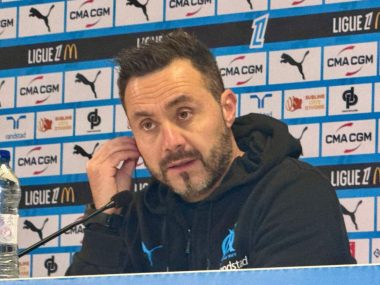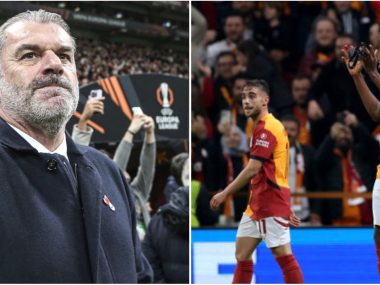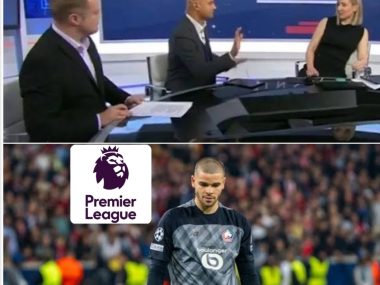Matty Wells, now serving as Ange Postecoglou’s Senior Assistant Coach, took a moment to reflect on an emotionally charged weekend that held deep personal significance.
It was a weekend where he spoke to the squad about a dear friend, former colleague, and the beloved Academy coach, Ugo Ehiogu.
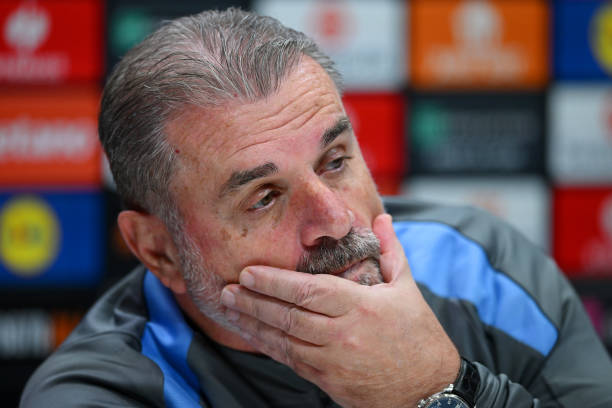
The occasion was marked by the team’s stirring 4-1 victory against Aston Villa, a triumph that came on what would have been Ugo’s 52nd birthday a poignant reminder of the loss the football community had endured with his passing in April 2017.
Ugo’s untimely death, at just 44 years old after suffering a cardiac arrest at the club’s training centre, left a void that has never truly been filled.
Before the match, Matty Wells had taken the time to address the players, speaking with deep emotion and admiration about Ugo Ehiogu’s character, legacy, and his contribution to the club, particularly the Academy. His words clearly resonated with the team, as they went on to secure an impressive win.
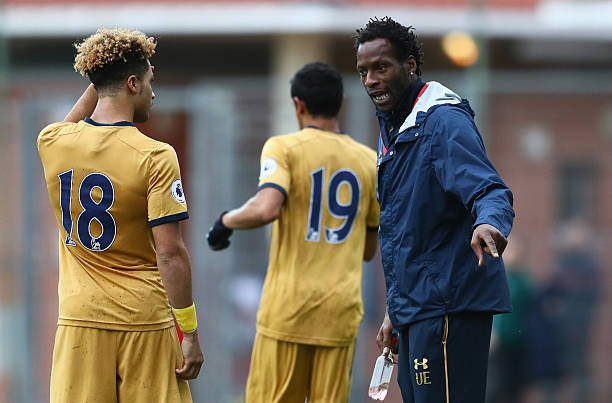
After the match, Ange Postecoglou, in his typical thoughtful manner, commented on the profound impact Matty’s speech had on the squad. “Wellsy did him proud, the way he spoke about him,” Ange said during the Review Show. “And that had a real effect on the players.”
It was clear that Matty’s heartfelt tribute to his late friend had acted as a motivating force, sparking the team to deliver a performance that not only honored Ugo’s memory but also sent a message of unity and determination.
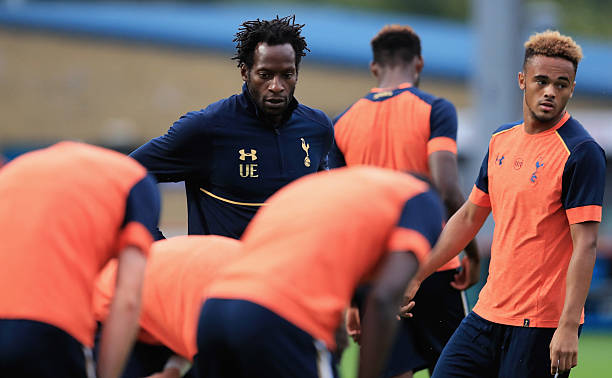
Matty’s connection to Ugo went beyond that of colleagues. Their relationship began in 2014 when Matty, fresh in his coaching journey, moved up to work alongside Ugo in the Academy, just as Ugo took on the role of coaching the club’s Under-21s. (The age group would later be reclassified as Under-23s.) It was a pivotal moment in both men’s careers.
Matty had started his own coaching journey with the club’s Under-13s, but working alongside Ugo allowed him to learn from one of the game’s true professionals.
Ugo, with his wealth of experience and knowledge, was more than just a coach to his players. He was a mentor, a guide, and a true embodiment of the values that underpin the footballing world: hard work, humility, and dedication.
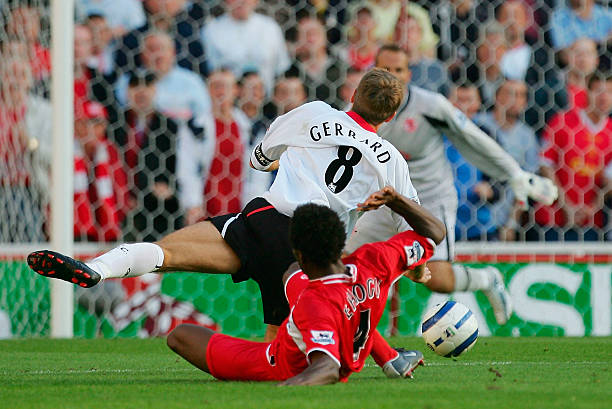
Ugo Ehiogu’s career as a player had been nothing short of remarkable. A towering presence in defense, he was capped four times by England and made over 500 appearances for a host of top clubs, including Aston Villa, Middlesbrough, Leeds United, Rangers, and Sheffield United.
He won the League Cup twice, and his long-time partnership with Gareth Southgate in the heart of England’s defense made him a key figure in both domestic and international football.
Ugo’s playing days were marked by consistency, leadership, and an unyielding work ethic qualities that would define his approach to coaching after his playing career ended.
After retiring from playing, Ugo transitioned seamlessly into coaching, bringing the same intensity and passion to his new role.
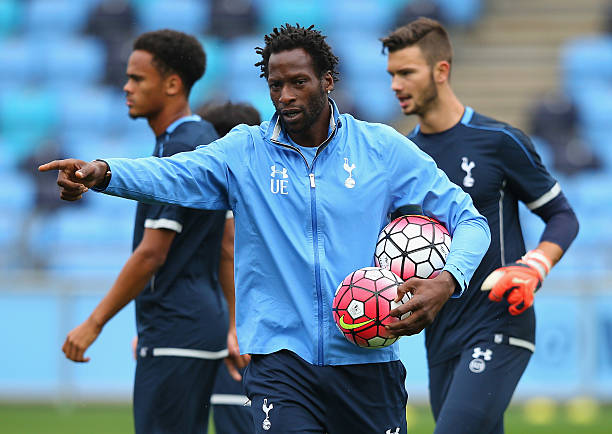
As the coach of the Under-21s (later Under-23s), he instilled a sense of discipline and pride in his players, focusing not just on their technical development, but on shaping their characters as well.
He passed on the knowledge he had gained from almost two decades at the highest levels of the game.
His emphasis was always on developing his young players, guiding them through the challenges they faced both on and off the pitch. In doing so, Ugo became much more than just a coach, he became a trusted figure who imparted not only footballing wisdom but life lessons to those under his tutelage.
Our club’s obituary for Ugo captured the essence of the man perfectly: “He carried himself with the utmost humility, was a good and willing listener to those inside and outside of our coaching and playing staff, and took personal pride in helping each individual player to improve, no detail overlooked during countless hours of training and guidance.”
Ugo was the kind of coach who was deeply invested in the development of each player, always striving to help them become better, not just as footballers, but as people.
He was the one who would stay after training, ensuring that every player, regardless of age or ability, received the individual attention they needed to grow. And even when his official coaching duties were over, Ugo’s passion for the game never waned.
He would often turn away from the exit door, choosing instead to lend his expertise to younger age groups, sharing his experience and offering guidance that would prove invaluable for the next generation of players.
What set Ugo apart was his unwavering commitment to his players. He didn’t just work with them during the official training sessions he dedicated himself to their personal growth, both on the field and in life.
His approach was one of consistency and reliability, always there for his players week in and week out, regardless of the team’s performance on the field. His impact was profound, and his influence extended far beyond the technical aspects of football.
In addition to his coaching prowess, Ugo’s character shone through in his relationships with others. He had a reputation for being humble, approachable, and genuinely interested in the well-being of those around him. He was always ready to listen whether to a player, a fellow coach, or a member of the staff.
This rare quality of humility, paired with his deep footballing knowledge, made Ugo not just a respected coach, but a beloved figure at the club.
